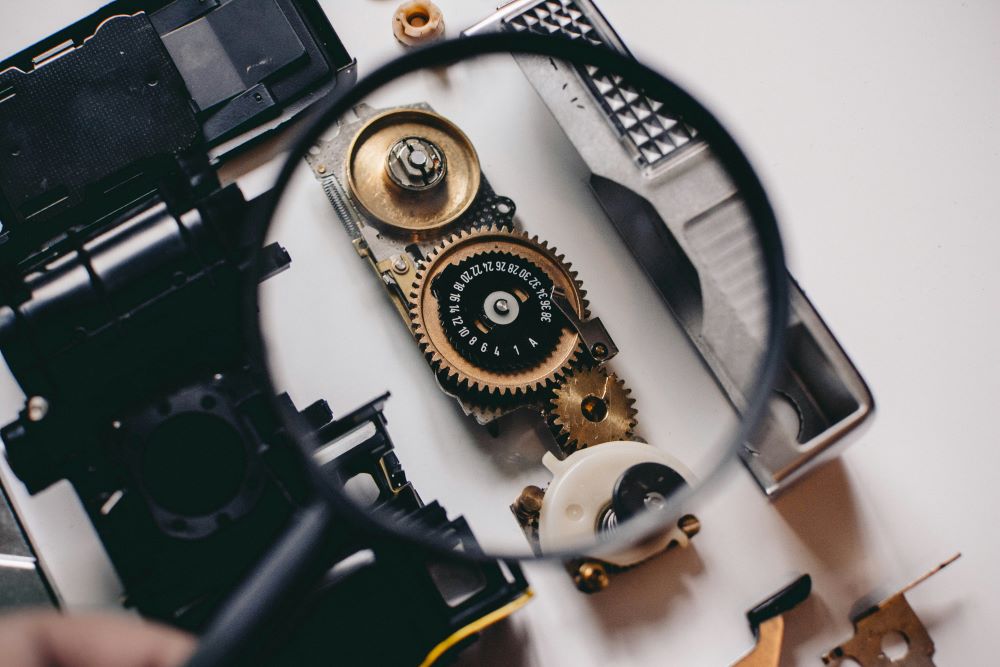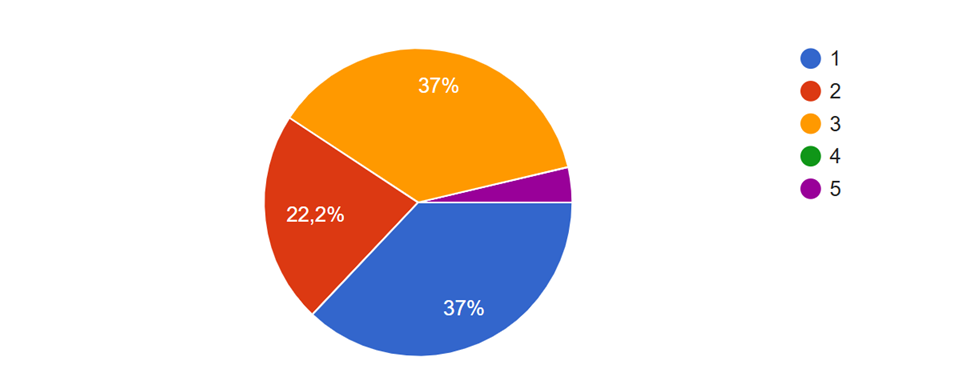Korjaa.se online service as part of business operations


Korjaa.se is a free Finnish online service created in collaboration between Pirkanmaan Jätehuolto Oy and Ekokumppanit Oy. The purpose of the online service is to bring repair services closer to customers and extend the lifespan of items through repair and maintenance services. At the same time, the service highlights repair as an alternative to buying new items. Through these actions, the online service prevents waste generation and promotes the circular economy. A total of 630 companies operates under the Korjaa.se online service, with over 100 companies operating in the Southwest Finland region.
Interns from the Circular Economy Business Models research group at Turku University of Applied Sciences sent a survey during the summer of 2024 to companies operating in the area of Lounais-Suomen Jätehuolto Oy that are part of the Korjaa.se service. The survey was sent and its responses analyzed as part of the Baltic2Hand project. The survey aimed to assess how useful companies have found the service and how participation has affected their customer numbers and circular economy perspectives. Based on the companies’ responses, development suggestions for the service were considered together with representatives from Ekokumppanit and Lounais-Suomen Jätehuolto.
The survey was conducted by creating a Google Forms survey consisting of a total of eight questions. The survey was sent to companies in July, and a reminder to respond was sent in August. In total, the survey was sent to over 100 companies. Students also interviewed a few companies face-to-face. The response rate was affected by the holiday season and incomplete contact information in the Korjaa.se service.
A total of 27 companies responded to the survey, which corresponds to about 28% of all companies to which the survey was sent.
When asked if the service had been useful, only one company completely agreed (purple) that the online service had been useful (Figure 1). 59.2% of companies felt that the service had not been very useful (blue and red). On the other hand, almost 40% of the responding companies felt that the service had been somewhat useful (orange).

Although the idea of the service is generally considered good, the response was almost unanimously justified by the fact that companies cannot say whether customers have found the company specifically through the Korjaa.se online service. This is due to the lack of customer feedback or not knowing how to track this at all. Although not all companies felt that the service had been significantly beneficial, no company felt that participating in the online service had caused them any harm. The survey also asked about the service’s impact on the company’s turnover and customer numbers, but the responses mirrored previous answers, as companies have no information on possible impacts.
The survey also assessed the impact of the online service on the company’s circular economy perspectives, such as whether the circular economy is visible in the company’s marketing or other activities. Most respondents felt that the Korjaa.se service had not particularly affected their circular economy perspectives, as the activities of the participating companies already promote the circular economy, and the circular economy has been visible through the advertising of the company’s activities.
Finally, companies were asked for suggestions for developing the Korjaa.se service. Almost all companies felt that the marketing of the website should be increased to make it more known to consumers. The use of social media in marketing was considered particularly important, but paper advertising, such as in newspapers, was also mentioned. Other development suggestions included adding categories, recruiting new companies to the service, business cards for the online service, and spreading information through schools and professional associations. Finally, the survey results and development suggestions were reviewed together with partners. Increasing marketing was considered particularly challenging due to the resources required.
Emma Jokilammi
Energy and environmental engineering student
Turku University of Applied Sciences
These materials were created in the Baltic2Hand project which is an Interreg Central Baltic Programme 2021–2027 project that is co-funded by the European Union. Read more about the Baltic2Hand project.
